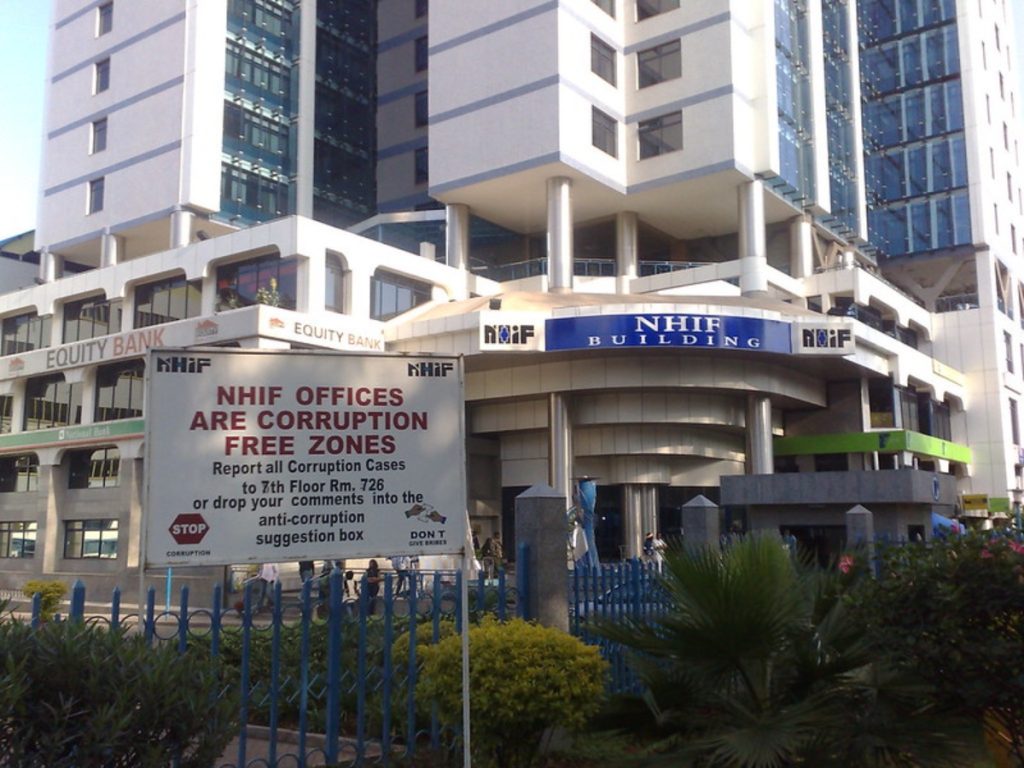- Kenya’s healthcare system is undergoing a significant transformation as the Social Health Insurance Fund (SHIF) is poised to replace the National Health Insurance Fund (NHIF).
- This transition is critical in the country’s effort to streamline healthcare financing and expand access to quality healthcare services nationwide. The Ministry of Health emphasizes that this change aims to create a more equitable and comprehensive healthcare system.
- However, the introduction of SHIF has sparked controversy, with some critics expressing concern over the potential for increased taxes in an already struggling economy.
What is the Social Health Insurance Fund (SHIF)?
The Social Health Insurance Fund (SHIF) is a new healthcare financing scheme in Kenya designed to provide universal healthcare coverage to all citizens and residents who have lived in the country for at least 12 months.
The primary objective of SHIF is to achieve Universal Health Coverage (UHC) by pooling resources from various sources including individuals, the government, and donor funding.
SHIF aims to offer comprehensive healthcare coverage, encompassing preventive, promotive, curative, rehabilitative, and palliative services at level (4,5,6) hospitals. This broad approach ensures that all Kenyans access necessary healthcare services, regardless of their financial status.
How is SHIF Different from NHIF?
While both NHIF and SHIF aim to provide healthcare coverage, there are several key differences between the two systems:
1. Scope of Coverage
NHIF has often been criticized for its limited coverage; it primarily focused on inpatient hospital services with minimal outpatient options.
SHIF on the other hand, aims to bridge this gap by providing extensive coverage that includes both inpatient and outpatient care. This includes preventive services, chronic disease management, and rehabilitation services, ensuring a more holistic approach to healthcare.
2. Contributions
NHIF’s contribution model was based on a flat-rate system, with fixed monthly premiums that varied by income bracket. For example, self-employed or unemployed individuals were required to pay KSH.500 monthly.
In contrast, SHIF adopts a progressive contribution model where premiums are a percentage (2.75%) of an individual’s income. Thus higher earners will pay more, promoting equity and sustainability in healthcare financing.
3. Eligibility and Coverage
NHIF membership was mandatory for all formal sector employees, while individuals in the informal sector enrolled voluntarily.
SHIF extends mandatory coverage to all Kenyans, ensuring that no one is excluded from accessing healthcare services. The government has pledged to cover premiums for the elderly and other vulnerable groups.
4. Administration and Management
NHIF was managed by the National Hospital Insurance Fund parastatal under the Ministry of Health, which faced challenges such as bureaucracy, inefficiency, and allegations of corruption.
SHIF is administered by the Social Health Authority (SHA), a newly established independent body designed to enhance governance and efficiency.
Who is Eligible for SHIF?
Every Kenyan citizen is eligible for SHIF. Additionally, non-citizens who have resided in Kenya for at least 12 months can register.
How Do Members Make Contributions?
Here’s how the contribution process works:
1. Formal Sector Employees
Contributions are deducted directly from their salaries by employers. There is a 2.75% deduction of each employee’s monthly income to the health scheme.
2. Informal Sector Workers and Self-employed Individuals
They are expected to contribute directly to SHIF through mobile money platforms, bank deposits, or by visiting SHA offices. The contribution rate is based on a self-declared income bracket, with mechanisms in place, to verify income levels and ensure compliance.
3. Government Contributions
The government will contribute to SHIF to cover vulnerable populations, including the elderly and the poor who may not afford contributions.
What are the Implications of Shifting from NHIF to SHIF?
The transition from NHIF to SHIF has significant implications for various stakeholders:
1. Employees
Employees will benefit from enhanced health coverage, although they will face higher premiums, unlike in NHIF.
2. Employers
Employers will need to adapt to new registration and contribution processes, which may involve system updates and compliance with SHIF regulations. This transition will also incur additional costs.
3. SHIF Members
Members will have access to a wider range of healthcare services, which is expected to improve health outcomes and provide greater financial protection against health-related expenses, reducing the risk of poverty due to healthcare costs.
When is the Registration of Members Taking Place?
The Cabinet Secretary for Health, Ms. Susan Nakhumicha, announced that registration for SHIF will begin soon. Salary deductions for SHIF is expected to start on July, 2024.
The government aims to ensure that all Kenyans, including those in the informal sector and self-employed individuals, register as soon as the rollout starts.
The Impact of SHIF on NHIF
The introduction of SHIF will mark the end of NHIF. NHIF’s functions and responsibilities will be integrated into SHIF, along with the transfer of its assets and liabilities.
Conclusion
The shift from NHIF to SHIF represents a significant milestone in Kenya’s journey toward achieving Universal Health Coverage. With proper management and implementation, this transition could place Kenya on the path to a healthier and more prosperous future.


